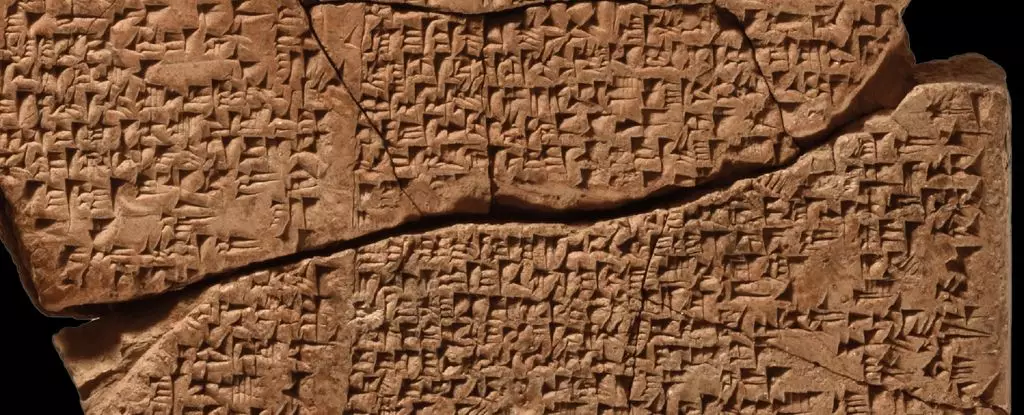Ancient Babylon, once a titan of civilization, continues to astonish us—not merely through its archaeological remnants but through the stories etched into fragile clay tablets. The recent decipherment of a 2,500-year-old hymn reveals a city proud of its splendor, a metropolis so grand that it once reigned as the alone on the world stage. This rediscovery is more than an academic achievement; it exposes the depths of our historical neglect and the fragile veneer of our understanding. Why, after millennia, do we still struggle with incomplete stories? The answer lies in our constant failure to prioritize the preservation of the past—a failure that prevents us from fully grasping the human condition.
Unearthing Insights from Fragmented Manuscripts
The groundbreaking work by researchers Fadhil and Jiménez exemplifies how modern technology can breathe life into faded history. Digitizing and meticulously analyzing shards of clay, they reconstructed a hymn praising Babylon’s majesty—an act that underscores the importance of perseverance in historical investigation. Yet, this effort casts a stark light on the inherent limitations of archaeology: what has been lost cannot always be recovered, and much of what we uncover appears as a puzzle with missing pieces. Their ability to identify 30 additional copies of this hymn demonstrates that ancient culture was vibrant, transmitted through education, and valued enough to be copied repeatedly. This raises questions: How much more remains hidden behind the veil of time? How many stories like this have been lost or forgotten?
A Reflection on Knowledge, Power, and Disregard
What strikes me profoundly is the age-old tendency of societies to overlook or undervalue their own intellectual and cultural achievements once they fade into history. The hymn’s emphasis on Babylonian women’s virtues—devotion and discretion—might seem trivial to modern eyes, but it reveals how gender roles and societal expectations were codified and admired. It also reminds us that history isn’t just about kings and wars; it’s about everyday lives, beliefs, and values that shape civilizations. The fact that this hymn was part of young students’ education suggests a shared cultural identity, community cohesion, and a collective memory. Yet, centuries of neglect, war, and invasions have threatened to erase such intangible heritage.
The Stark Consequences of Ignorance
Our current fascination with technological progress and rapid information dissemination should not blind us to the fact that much of our historical knowledge is fleeting. The discovery underscores a central paradox: in an era of unparalleled access to information, we remain disturbingly disconnected from our roots. This oversight is not merely academic—it’s existential. By neglecting the silent witnesses of our past, we risk losing the very foundation of our shared humanity. The ancient Babylonians crafted hymns praising their city, celebrating natural phenomena in ways we often overlook or dismiss today. Their voices—preserved in dirt and clay—serve as a stark reminder that every civilization’s legacy is fragile and must be actively safeguarded. If we fail to cherish and understand this heritage, we may find ourselves condemned to repeat past mistakes, unaware of the richness and complexity that once defined human achievement.

Leave a Reply